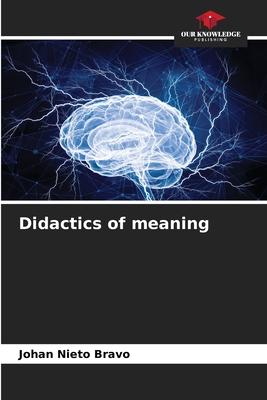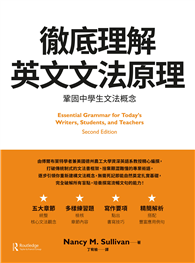The dispute between the Hegelians who have focused their interest on teaching philosophy and the Kantians who have favoured learning to philosophise, has marked the reflection that revolves around the role of philosophy as an academic space in secondary education. This paper is based on the contextual problem of the exclusion of philosophy in the legislative proposals of public policy in Colombian education, identifying that the absence of a defined place within the curriculum has blurred its τέλος in the educational work of the school. In this framework, the Didactics of meaning is proposed as an analogical perspective that generates a dialogue between meaning and signifier, in the context of pedagogical practice as a field of metacognition and transformation in the profession of being a teacher. Finally, this study is framed within the Catholic school, due to the relevance it has had in the constitution of the school institution in Latin America and its commitment to critical reflexivity, without this constituting a criterion of exclusion of the non-denominational school.
| FindBook |
有 1 項符合
Didactics of meaning的圖書 |
 |
Didactics of meaning 作者:Nieto Bravo 出版社:Our Knowledge Publishing 出版日期:2024-01-10 語言:英文 規格:平裝 / 80頁 / 22.86 x 15.24 x 0.48 cm / 普通級/ 初版 |
| 圖書館借閱 |
| 國家圖書館 | 全國圖書書目資訊網 | 國立公共資訊圖書館 | 電子書服務平台 | MetaCat 跨館整合查詢 |
| 臺北市立圖書館 | 新北市立圖書館 | 基隆市公共圖書館 | 桃園市立圖書館 | 新竹縣公共圖書館 |
| 苗栗縣立圖書館 | 臺中市立圖書館 | 彰化縣公共圖書館 | 南投縣文化局 | 雲林縣公共圖書館 |
| 嘉義縣圖書館 | 臺南市立圖書館 | 高雄市立圖書館 | 屏東縣公共圖書館 | 宜蘭縣公共圖書館 |
| 花蓮縣文化局 | 臺東縣文化處 |
|
|
圖書介紹 - 資料來源:博客來 評分:
圖書名稱:Didactics of meaning
|











